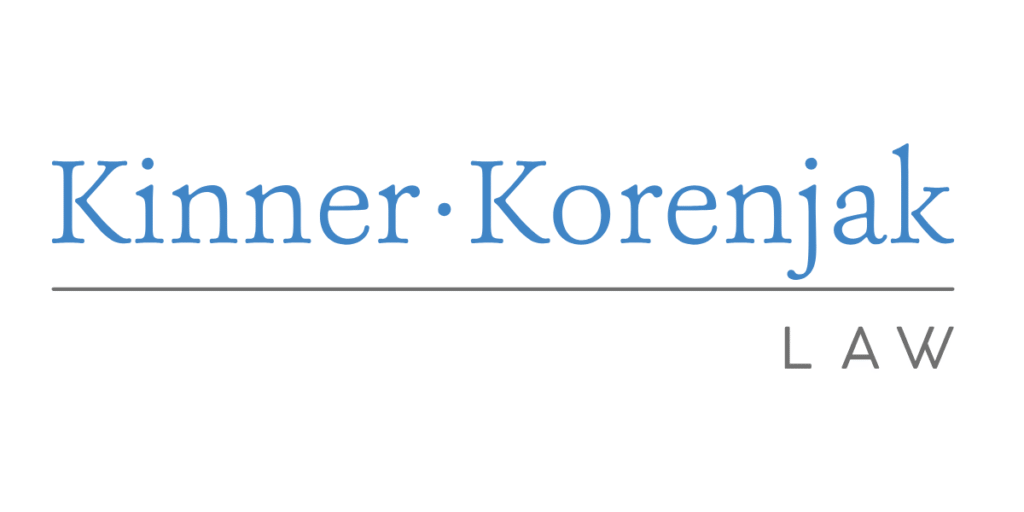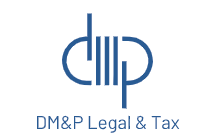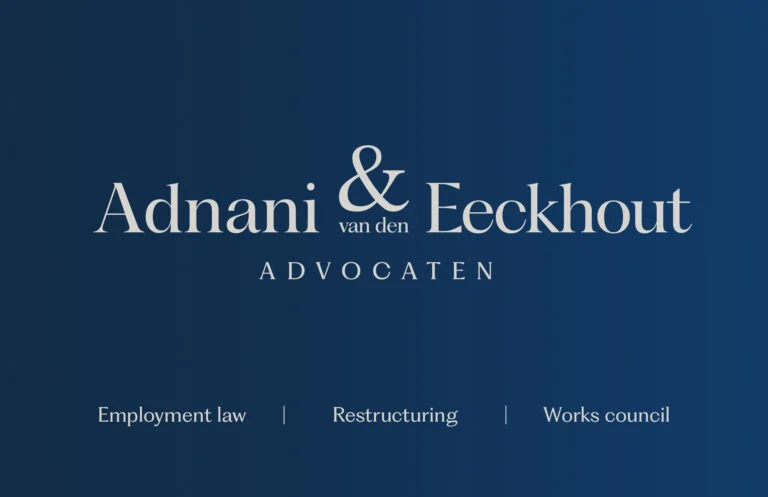
Global Law Experts
Lawyers
Countries Covered
Practice Areas
Discover award-winning Employment lawyers in our independent directory. Connect with top legal experts for your needs.






































































No results available Reset filters?
posted 3 weeks ago
posted 4 weeks ago
posted 4 weeks ago
No results available Reset filters?
Employment law serves as the essential framework for the relationship between employers and employees, balancing operational productivity with worker protections. This practice is critical for navigating the lifecycle of the workplace—from Recruitment and Onboarding to Performance Management and Termination. Attorneys provide the vital structure for drafting Executive Service Agreements, ensuring compliance with Wage and Hour laws, and navigating the complexities of “Gig Economy” classifications.
Global Law Experts connects you with premier employment specialists who possess the regulatory depth required to manage a modern workforce. These practitioners are established experts within their own fields, offering the tactical foresight needed to handle Redundancy and Restructuring, implement robust Diversity, Equity, and Inclusion (DEI) policies, and manage the cross-border implications of “Remote Work” and international assignments. Whether you are a multinational corporation harmonizing global handbooks or a startup establishing its first HR protocols, they provide the strategic advocacy needed to mitigate risk and foster a compliant culture in any legal forum.
Every GLE member is independently vetted by practice area and jurisdiction.
An employment lawyer manages the legal relationship between employers and employees, handling disputes regarding workplace rights, contracts, and safety. For employees, they litigate cases involving wrongful termination, discrimination, unpaid wages, and sexual harassment. For employers, they draft compliant handbooks and contracts to prevent lawsuits, defend against claims, and advise on complex regulations like wage-and-hour laws or workplace safety standards (OSHA). Essentially, they act as both a shield for companies to maintain compliance and a sword for workers whose rights have been violated.
The distinction is based on “control,” not just what your contract says. Courts and tax authorities (like the IRS or HMRC) use tests—such as the “Economic Realities Test” or the “Common Law Test”—to evaluate how much independence you actually have. If the company dictates your specific working hours, provides your equipment, trains you on how to do the job, and prohibits you from working for other clients, you are likely legally an employee. Misclassification is a serious legal issue, and a lawyer can help you claim unpaid overtime and benefits if you were wrongly labeled a contractor to save the company money.
Yes, and they can often significantly increase the final payout. A lawyer reviews the initial severance offer to find leverage, such as potential legal claims you might have for age discrimination or unpaid bonuses, and uses these as bargaining chips to demand a higher settlement. They also negotiate the non-monetary terms of the agreement, such as securing a neutral reference letter instead of a negative one, extending health insurance coverage (COBRA), or removing restrictive clauses like non-competes that would make it hard for you to find a new job.
The enforceability of non-competes is rapidly declining and varies wildly by location. In 2024–2025, the US Federal Trade Commission (FTC) moved to ban most non-competes nationwide, though legal challenges persist; meanwhile, states like California, Minnesota, and Oklahoma have already banned them entirely. In jurisdictions where they are still allowed, courts will only enforce them if they are “reasonable” in scope—meaning they cannot ban you from working in the entire industry forever, but might restrict you from stealing specific clients within a 10-mile radius for six months.
Legally, a “hostile work environment” is not just a boss being rude or a workplace being unpleasant; it must meet a specific discriminatory threshold. To win a claim, you must prove that the harassment was based on a protected characteristic (like race, gender, religion, or disability) and was so “severe or pervasive” that it created an abusive working atmosphere. A lawyer helps you document the pattern of behavior—such as offensive jokes, slurs, or physical intimidation—to prove that a reasonable person would find the environment intolerable and that the company failed to stop it.
While not necessary for entry-level roles, legal review is critical for executives, commission-based sales roles, or anyone with equity compensation. A lawyer spots “trap” clauses that you might miss, such as “clawback” provisions that force you to repay bonuses if you quit, or broad IP assignment clauses that give the company ownership of your personal side projects. They also clarify the terms of your equity vesting (stock options) to ensure you don’t walk away with nothing if the company is sold or if you are terminated “without cause.”
Yes, firing an employee because they took protected leave is illegal retaliation. A lawyer assesses whether your leave was covered under laws like the Family and Medical Leave Act (FMLA) or the Americans with Disabilities Act (ADA). If the employer claims they fired you for “performance” just days after you requested leave, a lawyer uses the timing (temporal proximity) and comparative evidence to prove that the stated reason is a pretext for discrimination, helping you sue for lost wages, emotional distress, and sometimes reinstatement to your job.
An employment lawyer manages the legal relationship between employers and employees, handling disputes regarding workplace rights, contracts, and safety. For employees, they litigate cases involving wrongful termination, discrimination, unpaid wages, and sexual harassment. For employers, they draft compliant handbooks and contracts to prevent lawsuits, defend against claims, and advise on complex regulations like wage-and-hour laws or workplace safety standards (OSHA). Essentially, they act as both a shield for companies to maintain compliance and a sword for workers whose rights have been violated.
The distinction is based on "control," not just what your contract says. Courts and tax authorities (like the IRS or HMRC) use tests—such as the "Economic Realities Test" or the "Common Law Test"—to evaluate how much independence you actually have. If the company dictates your specific working hours, provides your equipment, trains you on how to do the job, and prohibits you from working for other clients, you are likely legally an employee. Misclassification is a serious legal issue, and a lawyer can help you claim unpaid overtime and benefits if you were wrongly labeled a contractor to save the company money.
Yes, and they can often significantly increase the final payout. A lawyer reviews the initial severance offer to find leverage, such as potential legal claims you might have for age discrimination or unpaid bonuses, and uses these as bargaining chips to demand a higher settlement. They also negotiate the non-monetary terms of the agreement, such as securing a neutral reference letter instead of a negative one, extending health insurance coverage (COBRA), or removing restrictive clauses like non-competes that would make it hard for you to find a new job.
The enforceability of non-competes is rapidly declining and varies wildly by location. In 2024–2025, the US Federal Trade Commission (FTC) moved to ban most non-competes nationwide, though legal challenges persist; meanwhile, states like California, Minnesota, and Oklahoma have already banned them entirely. In jurisdictions where they are still allowed, courts will only enforce them if they are "reasonable" in scope—meaning they cannot ban you from working in the entire industry forever, but might restrict you from stealing specific clients within a 10-mile radius for six months.
Legally, a "hostile work environment" is not just a boss being rude or a workplace being unpleasant; it must meet a specific discriminatory threshold. To win a claim, you must prove that the harassment was based on a protected characteristic (like race, gender, religion, or disability) and was so "severe or pervasive" that it created an abusive working atmosphere. A lawyer helps you document the pattern of behavior—such as offensive jokes, slurs, or physical intimidation—to prove that a reasonable person would find the environment intolerable and that the company failed to stop it.
While not necessary for entry-level roles, legal review is critical for executives, commission-based sales roles, or anyone with equity compensation. A lawyer spots "trap" clauses that you might miss, such as "clawback" provisions that force you to repay bonuses if you quit, or broad IP assignment clauses that give the company ownership of your personal side projects. They also clarify the terms of your equity vesting (stock options) to ensure you don't walk away with nothing if the company is sold or if you are terminated "without cause."
Yes, firing an employee because they took protected leave is illegal retaliation. A lawyer assesses whether your leave was covered under laws like the Family and Medical Leave Act (FMLA) or the Americans with Disabilities Act (ADA). If the employer claims they fired you for "performance" just days after you requested leave, a lawyer uses the timing (temporal proximity) and comparative evidence to prove that the stated reason is a pretext for discrimination, helping you sue for lost wages, emotional distress, and sometimes reinstatement to your job.
Global Law Experts is dedicated to providing exceptional legal services to clients around the world. With a vast network of highly skilled and experienced lawyers, we are committed to delivering innovative and tailored solutions to meet the diverse needs of our clients in various jurisdictions.

Thinking of buying property in Brazil? Start with a full legal safety net.
✔️ Check title and ownership history
✔️ Verify no debts or disputes
✔️ Confirm zoning and permits.
#BrazilProperty #RealEstateInvesting #LegalDueDiligence #ForeignInvestment #PropertyLaw #GlobalRealEstate #InvestmentRisk #BrazilLaw

When your international business faces financial distress, quick action is key! 🔑 Negotiating with creditors, restructuring debt, and understanding insolvency laws can help regain stability. Global Law Experts is here to guide you through your options.
🌍Explore the details on our website.
🔗Link in bio
#GlobalLawExperts #CommercialLaw #BusinessLaw #LegalAdvice #BusinessGrowth #LegalTips #BusinessStrategy #LegalCompliance #Law #LegalKnowledge #LegalAwareness #Law101 #LegalEducation #IntellectualProperty

Thinking of buying property in Brazil? Don’t stop at the contract or key handover. Make sure the title is officially registered before calling it yours.
#BrazilRealEstate #PropertyLaw #GlobalInvestment #ForeignInvestors #LegalTips #DueDiligence #RealEstateRegistration #SecureInvestment

Getting a termination notice right now? Know your rights. Valid reason, fair process, proper notice they matter. Don’t let a bad dismissal walk away without accountability.
#EmploymentLaw #WorkerRights #Termination #LaborLaw #FairDismissal #WorkplaceJustice #LegalAwareness #GlobalWorkforce

Running a business is hard enough — lawsuits shouldn’t make it harder. 🚫 Protect your business with the right legal strategies and expert tools from Global Law Experts. Let’s secure your future together! 💼
🌍Explore the details on our website.
➡️www.globallawexperts.com
#GlobalLawExperts #CommercialLaw #BusinessLaw #LegalAdvice #BusinessGrowth #LegalTips #BusinessStrategy #LegalCompliance #Law #LegalKnowledge #LegalAwareness #Law101 #LegalEducation #IntellectualProperty #Infringed #Ecommerce #LegalBranding
Global Law Experts is dedicated to providing exceptional legal services to clients around the world. With a vast network of highly skilled and experienced lawyers, we are committed to delivering innovative and tailored solutions to meet the diverse needs of our clients in various jurisdictions.

Thinking of buying property in Brazil? Start with a full legal safety net.
✔️ Check title and ownership history
✔️ Verify no debts or disputes
✔️ Confirm zoning and permits.
#BrazilProperty #RealEstateInvesting #LegalDueDiligence #ForeignInvestment #PropertyLaw #GlobalRealEstate #InvestmentRisk #BrazilLaw

When your international business faces financial distress, quick action is key! 🔑 Negotiating with creditors, restructuring debt, and understanding insolvency laws can help regain stability. Global Law Experts is here to guide you through your options.
🌍Explore the details on our website.
🔗Link in bio
#GlobalLawExperts #CommercialLaw #BusinessLaw #LegalAdvice #BusinessGrowth #LegalTips #BusinessStrategy #LegalCompliance #Law #LegalKnowledge #LegalAwareness #Law101 #LegalEducation #IntellectualProperty

Thinking of buying property in Brazil? Don’t stop at the contract or key handover. Make sure the title is officially registered before calling it yours.
#BrazilRealEstate #PropertyLaw #GlobalInvestment #ForeignInvestors #LegalTips #DueDiligence #RealEstateRegistration #SecureInvestment

Getting a termination notice right now? Know your rights. Valid reason, fair process, proper notice they matter. Don’t let a bad dismissal walk away without accountability.
#EmploymentLaw #WorkerRights #Termination #LaborLaw #FairDismissal #WorkplaceJustice #LegalAwareness #GlobalWorkforce

Running a business is hard enough — lawsuits shouldn’t make it harder. 🚫 Protect your business with the right legal strategies and expert tools from Global Law Experts. Let’s secure your future together! 💼
🌍Explore the details on our website.
➡️www.globallawexperts.com
#GlobalLawExperts #CommercialLaw #BusinessLaw #LegalAdvice #BusinessGrowth #LegalTips #BusinessStrategy #LegalCompliance #Law #LegalKnowledge #LegalAwareness #Law101 #LegalEducation #IntellectualProperty #Infringed #Ecommerce #LegalBranding

Send welcome message